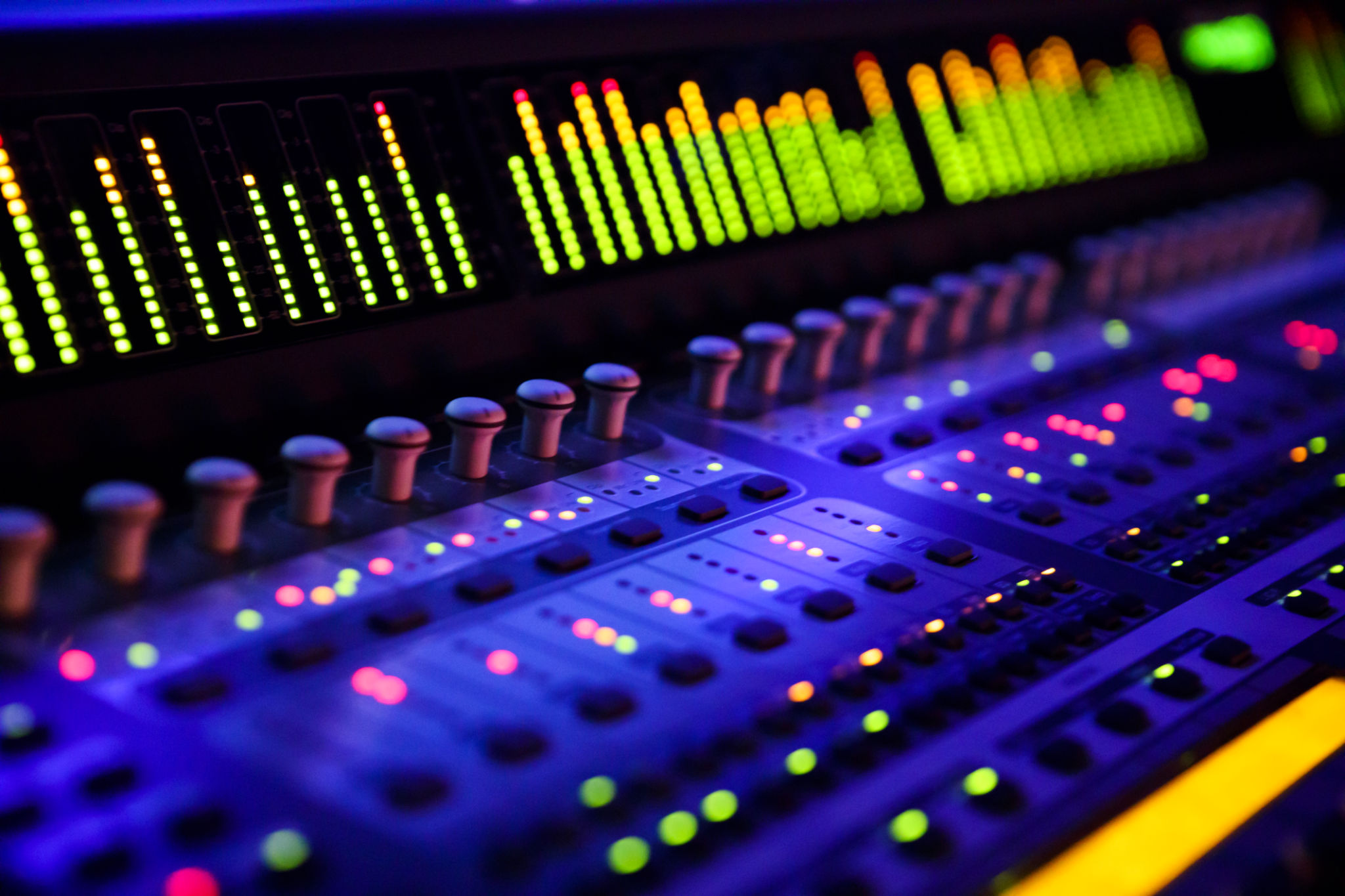The Role of AI in Modern Music Production: Opportunities and Challenges
Introduction to AI in Music Production
The fusion of artificial intelligence (AI) with modern music production has opened up a world of possibilities and challenges. As technology continues to evolve, AI is becoming an integral part of how music is created, mixed, and distributed. This transformation is reshaping the music industry, offering new tools for creativity and innovation. However, it also presents various challenges that need to be addressed.

Opportunities Presented by AI
AI in music production offers numerous opportunities for artists and producers. One of the most significant advantages is the ability to automate repetitive tasks, allowing musicians to focus more on the creative aspects. For example, AI-powered tools can quickly generate beats, suggest chord progressions, or even compose entire pieces of music.
Another exciting opportunity is personalized music creation. AI algorithms can analyze a listener's preferences and create custom playlists or even original compositions tailored to individual tastes. This level of personalization enhances the listener's experience and provides artists with deeper insights into their audience.
Enhancing Creativity with AI
AI is not only a tool for automation but also a catalyst for creativity. Musicians can use AI to explore new sounds and musical structures that may not have been possible without technological assistance. By analyzing vast datasets of music, AI can generate unique compositions that push the boundaries of traditional music genres.

Moreover, AI can assist in the remixing and mastering processes. By providing suggestions based on historical data, AI can help producers achieve high-quality results more efficiently. This integration of AI into the creative process encourages experimentation and innovation.
Challenges Facing AI in Music
Despite the numerous benefits, the integration of AI in music production comes with its own set of challenges. One major concern is the ethical implications of using AI-generated content. Questions arise about ownership and authorship when a machine contributes significantly to a piece of music.
Furthermore, there is the issue of maintaining originality. As AI becomes more prevalent in music creation, there's a risk that compositions may start to sound similar due to reliance on algorithms trained on existing music. This could lead to a homogenization of musical styles.

The Future of AI in Music
The future of AI in music production is promising yet complex. As technology advances, it will be crucial for artists, producers, and industry stakeholders to navigate this evolving landscape thoughtfully. Balancing the benefits of AI with its potential pitfalls will require ongoing dialogue and collaboration among all parties involved.
One potential solution is developing ethical guidelines and frameworks for using AI in music creation. Ensuring that human creativity remains at the forefront while leveraging AI's capabilities will be essential for maintaining the diversity and richness of the music industry.
Conclusion
AI is undeniably transforming the landscape of modern music production. By offering new tools for creativity and efficiency, it opens up unprecedented opportunities for artists and producers. However, embracing these advancements requires careful consideration of the accompanying challenges. As we move forward, the key will be finding a balance that maximizes the benefits of AI while preserving the artistic integrity that makes music so uniquely human.